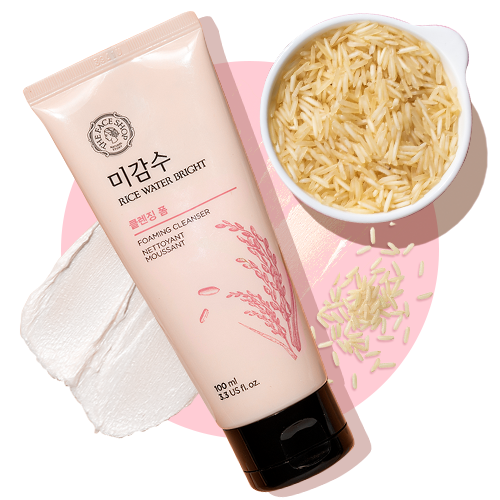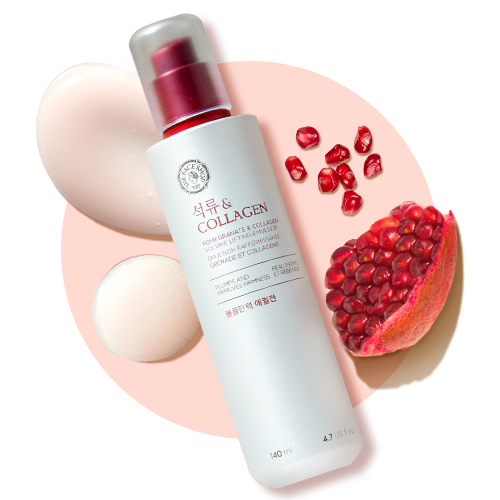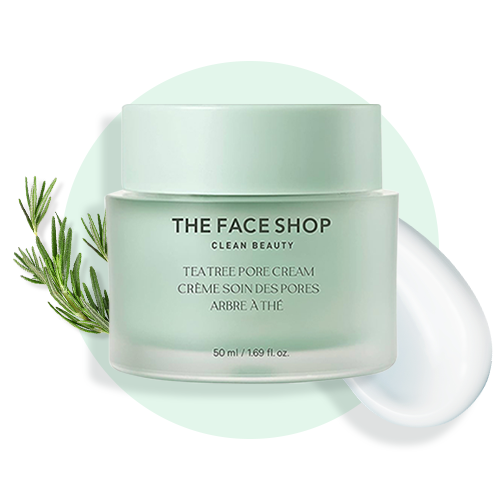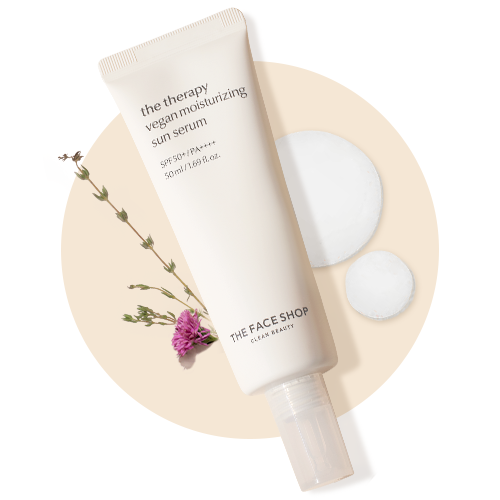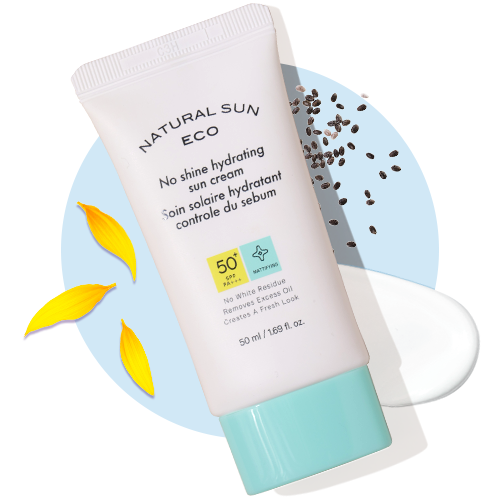There is a common misconception in India that anti-ageing products are reserved for our mothers or grandmothers. Many of us believe that until a deep wrinkle appears, we don't need to worry. However, dermatologists universally agree on one golden rule: Prevention is always easier (and cheaper) than correction.
Starting an anti-ageing routine in your 20s or early 30s isn't about vanity; it's about skin health. This approach, often called "prejuvenation," helps maintain collagen levels and delays the onset of fine lines caused by pollution, UV exposure, and stress, factors prevalent in busy Indian cities.
Why Start Anti-Ageing in Your 20s?
Biologically, our skin's collagen production begins to decrease by about 1% every year starting in our mid-20s. While you might not see the damage immediately, the foundations of your skin are slowly weakening.
The "Invisible" Signs of Ageing
- Dullness: Slower cell turnover leads to a lack of glow.
- Texture Changes: Pores may appear larger due to loss of elasticity.
- Fine Lines: Usually appearing first around the eyes and mouth.
By integrating a preventative routine now, you aren't trying to reverse time; you are simply slowing down the clock.
Building Your Routine: The Essentials
A good routine doesn't need ten steps. It needs the right ingredients. Here is how to structure your regimen for maximum impact.
1. The Foundation: Cleansing and Prep
Before applying potent actives, your canvas must be clean. For those wearing heavy sunscreen or makeup, the "double cleanse" method is a game-changer. Start with an oil-based cleanser to break down impurities. A high-quality cleansing oil for face ensures you remove pollution without stripping natural oils, preparing your skin to absorb the subsequent treatments.
2. The Powerhouse: Serums
In your late 20s, a basic moisturiser isn't enough. You need concentrated actives. An anti-ageing serum containing ingredients like peptides or Vitamin C can fight free radical damage. If you struggle with dehydration lines, look for a serum for dry skin packed with Hyaluronic Acid to plump the skin immediately.
3. The Hero: Anti-Wrinkle Cream
This is where the heavy lifting happens. A dedicated night cream helps repair skin while you sleep. When looking to buy anti-wrinkle products, focus on formulations that offer deep hydration and elasticity support.
We recommend incorporating a specialised anti-wrinkle cream into your nightly ritual. These creams often function as a skin-tightening cream, firming the jawline and smoothing texture over time.
Pro Tip: Don't neglect your neck! Apply your face wrinkle cream in upward strokes from your chest to your chin.
4. The Shield: Sun Protection
None of the above matters if you skip sunscreen. UV rays are the number one cause of premature ageing. For a lightweight option that doesn't feel sticky in the Indian humidity, consider a serum sunblock, which offers protection and skincare benefits in one.
Ingredients to Look For
When browsing for the best wrinkle cream, scan the label for these holy grail ingredients:
- Retinol/Retinoids: The gold standard for cell turnover.
- Collagen: A collagen face cream helps support the skin's structural integrity.
- Adenosine: A yeast-derived ingredient known for soothing and restoring skin.
- Niacinamide: Brightens and improves barrier function.
Conclusion
Starting your anti-aging journey in your 20s or 30s is the best investment you can make for your future self. It’s not about erasing who you are, but about maintaining the health and vitality of your skin for decades to come. Whether it's a potent anti-wrinkle cream or a diligent sunscreen habit, the key is consistency.
FAQ: Your Anti-Ageing Questions Answered
Q: At what exact age should I start using anti-ageing cream?
A: Dermatologists recommend starting preventative measures like sunscreen and antioxidants in your early 20s. You can introduce a dedicated anti aging cream or retinol product by your mid-to-late 20s.
Q: Can I use anti-wrinkle cream if I have oily skin?
A: Yes! Ageing affects all skin types. If you have oily skin, look for lightweight, gel-based formulations or an anti-ageing serum instead of heavy butters.
Q: What is the difference between a moisturiser and a collagen cream?
A: While a standard moisturiser hydrates the surface, a collagen cream is formulated to support elasticity and firmness, specifically targeting sagging and fine lines.
Q: Is it safe to mix Vitamin C and Retinol?
A: It is generally best to separate them to avoid irritation. Use Vitamin C in the morning (under sunscreen) and your face wrinkle cream with retinol at night.
